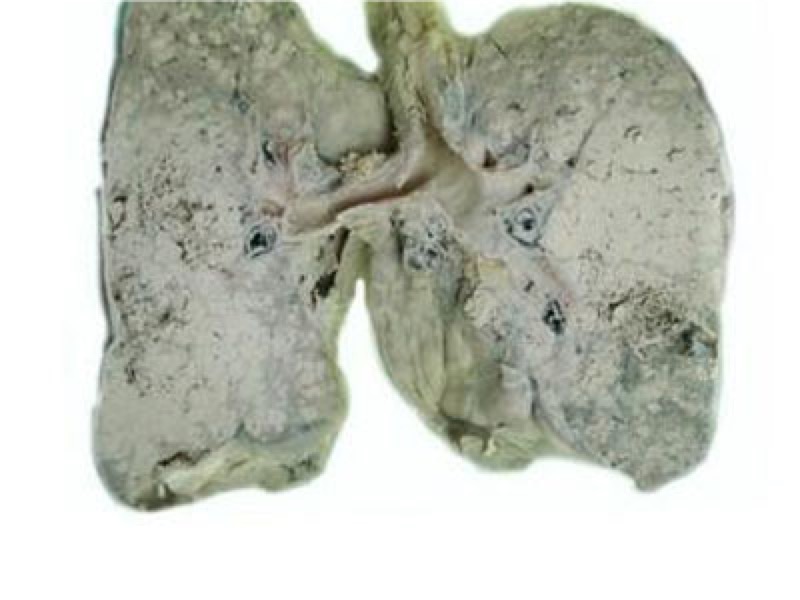How to avoid metastasis after nail cancer surgery
In recent years, the incidence of thyroid cancer has risen rapidly. Although the vast majority are papillary carcinomas with a good prognosis, the rate of reoperation for patients due to recurrence has increased, and distant (lung, bone) metastases no longer It is a very rare situation, so how to effectively prevent the recurrence and metastasis of thyroid cancer?

First of all, a thorough operation is required after diagnosis. At present, more and more surgical methods are used in surgery: total thyroidectomy or one-lobed, another (near) total-cut and central lymph node dissection, and the method of retaining one side of the glandular lobes is gradually reduced. Because the former eliminates the potential multifocal and micrometastasis of the gland. For thyroid cancer with a background of Hashimoto''s disease, even a single small cancer is recommended for total thyroidectomy.
Secondly, postoperative iodine-131 internal irradiation-targeted radionuclide therapy. A characteristic of thyroid cancer lesions is that it is particularly good at "latent". It has a long period of progression in thyroid tissue, and it is characterized by bilateral, tiny, multifocal, and is prone to local organ invasion and local lymph node metastasis. Therefore, it is necessary to remove residual thyroid by iodine-131 after operation. In addition, iodine-131 treatment is more conducive to monitoring thyroid cancer by systemic iodine-131 imaging and measuring serum thyroglobulin levels. Studies have shown that the recurrence rate of thyroid cancer after simple surgical resection is 3-5 times the recurrence rate of surgical resection plus postoperative radioactive iodine-131 clear nail.
Third, standard thyroxine suppression treatment and regular review. Taking thyroxine can not only replace the function of the removed thyroid, but also suppress TSH to a low level, thereby effectively reducing the recurrence and metastasis of thyroid cancer. But TSH is not as low as possible. Long-term low levels of TSH will greatly increase the risk of osteoporosis, especially for postmenopausal women; in addition, it will increase myocardial oxygen consumption, promote angina pectoris, and even myocardial infarction, which should be carefully controlled for elderly patients. Except for the high-risk group, for patients with thyroid cancer in the low- and medium-risk group who are stable for 5 years after surgery, TSH should be controlled at the lower limit of normal or higher. Periodic review of thyroid function, TG, TG antibody, neck B-ultrasound, and chest CT are necessary to guide medication and monitor relapse.
Related Articles

- Early symptoms of lung cancer
- 2020-12-17

- Early Signs of Bladder Cancer
- What are the early symptoms of bladder cancer?
- 2020-12-17

- First-line chemotherapy for squamous cell carcinoma
- Squamous cell carcinoma is abbreviated as squamous cell carcinoma, also known as epidermal carcinoma. It is a malignant tumor that occurs in epidermal or accessory organ cells. Cancer cells
- 2020-08-02

- Is the second-grade clear kidney cancer living up to 5 years?
- Nuclear grading is an important prognostic factor for renal clear cell carcinoma and has been included in the WHO classification. Currently, a four-level grading system is generally used. T
- 2020-08-02

- Is metastatic carcinoma easy to metastasize
- Once the cancer has metastasized, it will be very difficult to cure, because many people have lost their lives because of the emergence of cancer, so most people think that cancer is an un
- 2020-08-02

- What does microinfiltrating adenocarcinoma mean?
- Microinfiltrating adenocarcinoma is a type of lung cancer. The reason why it is called microinfiltration means that there is less infiltration around it, which means that it is in the early
- 2020-08-01
